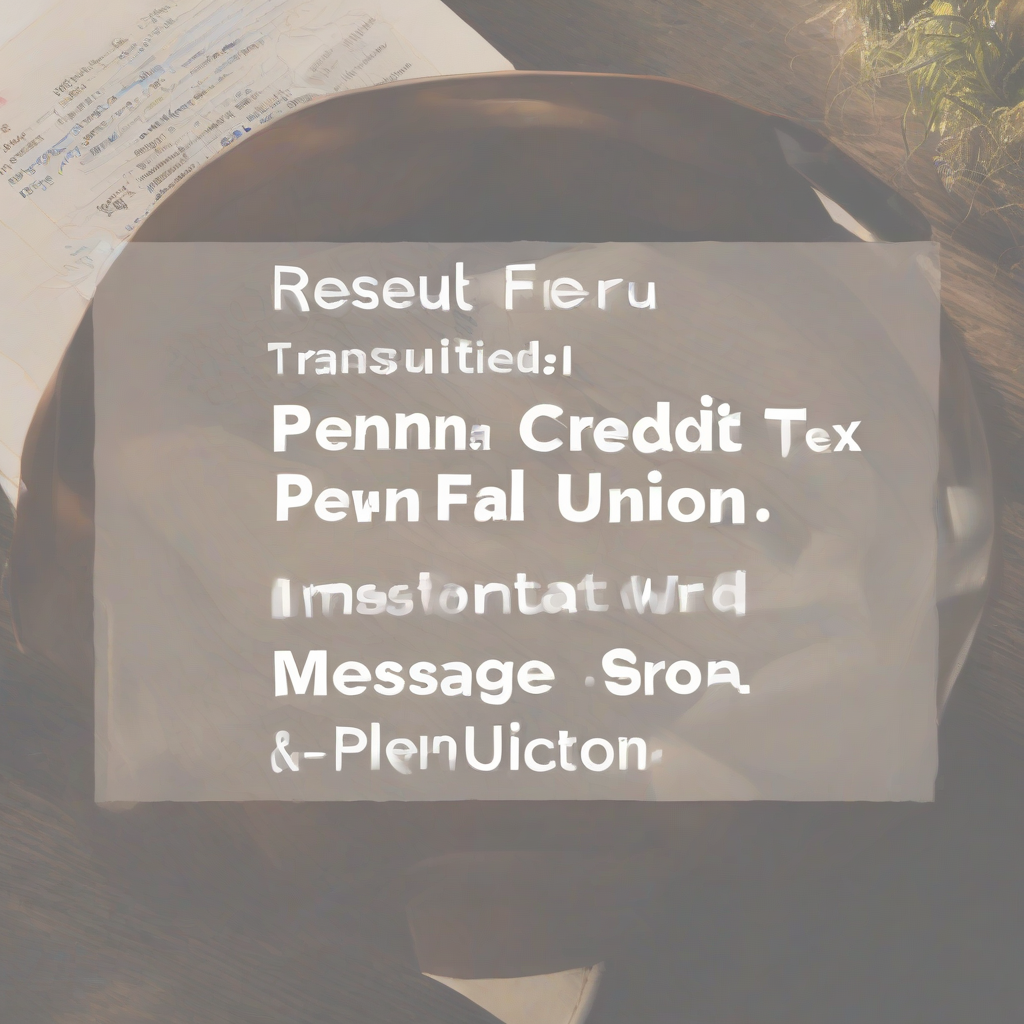Debt Consolidation Home Equity Loan: Pros, Cons, and Whether It's Right for You

Debt Consolidation Home Equity Loan: Pros, Cons, and Whether It's Right for You
Debt consolidation can be a tempting solution for homeowners burdened by high-interest debt. A home equity loan, which leverages your home's equity for a loan, can seem like an attractive option to streamline payments and potentially lower your monthly expenses. However, before you take the plunge, it's essential to understand the pros and cons of debt consolidation through a home equity loan.
What Is a Debt Consolidation Home Equity Loan?
A home equity loan is a secured loan that uses your home's equity as collateral. Equity is the difference between your home's current market value and the outstanding mortgage balance. When you take out a home equity loan, you borrow against that equity, and your home serves as security for the lender. This means that if you default on the loan, the lender can foreclose on your home.
Debt consolidation with a home equity loan involves using the loan proceeds to pay off existing debts, such as credit card debt, personal loans, or medical bills. By consolidating these debts into one loan with a lower interest rate, you may be able to reduce your monthly payments and save money on interest over time.
Pros of a Debt Consolidation Home Equity Loan
- Lower interest rates: Home equity loans typically offer lower interest rates than credit cards or personal loans, which can translate into significant savings on interest charges.
- Simplified payments: Consolidating multiple debts into one loan simplifies your finances and reduces the number of monthly payments you need to track.
- Improved credit score: By paying down existing debt, you can improve your credit utilization ratio, potentially boosting your credit score over time.
- Fixed monthly payments: Home equity loans typically have fixed interest rates and fixed monthly payments, providing financial stability and predictability.
- Tax deductions: In some cases, the interest paid on home equity loans may be tax-deductible, though this depends on your specific circumstances and tax laws.
Cons of a Debt Consolidation Home Equity Loan
- Risk of foreclosure: If you fail to make payments on your home equity loan, your lender could foreclose on your home, resulting in the loss of your property.
- Higher interest rates than a mortgage: While home equity loans typically have lower interest rates than credit cards or personal loans, they often carry higher interest rates than your primary mortgage.
- Long repayment terms: Home equity loans can have longer repayment terms than other debt consolidation options, meaning you might be paying off debt for several years.
- Closing costs: Home equity loans often involve closing costs, which can eat into your savings.
- Loss of equity: As you pay down your home equity loan, you reduce the amount of equity you have in your home. This could limit your borrowing options in the future.
Factors to Consider Before Getting a Debt Consolidation Home Equity Loan
- Your credit score: Lenders typically require good credit scores to qualify for home equity loans. If your credit score is low, you may not be approved, or you might receive a higher interest rate.
- Your debt-to-income ratio: Lenders consider your debt-to-income ratio (DTI) when evaluating your loan application. A high DTI could make it difficult to qualify for a loan or result in a higher interest rate.
- Your home's equity: You need to have enough equity in your home to qualify for a home equity loan. Lenders typically require a certain percentage of equity, which can vary depending on the lender and the loan amount.
- Your overall financial situation: Before taking out a home equity loan, it's crucial to assess your overall financial situation. Consider your income, expenses, and other financial obligations to determine if you can comfortably handle the additional debt payment.
- Alternatives to a home equity loan: Explore other debt consolidation options, such as balance transfers or personal loans, before deciding on a home equity loan.
When a Debt Consolidation Home Equity Loan Might Make Sense
A home equity loan may be a viable option for you if:
- You have significant high-interest debt: If you're carrying a large amount of credit card debt or other high-interest debt, a home equity loan can help you consolidate those debts into one loan with a lower interest rate, potentially saving you money on interest charges.
- You have a good credit score and a low debt-to-income ratio: These factors improve your chances of qualifying for a loan with favorable terms.
- You have substantial equity in your home: Having enough equity in your home ensures you can secure a loan amount sufficient to cover your debts.
- You're confident in your ability to make the monthly payments: Ensure you can comfortably afford the monthly payment on your home equity loan without straining your budget.
When a Debt Consolidation Home Equity Loan Might Not Be a Good Idea
Consider avoiding a home equity loan if:
- You have a low credit score or a high debt-to-income ratio: These factors can lead to higher interest rates or difficulty in securing approval.
- You have limited equity in your home: Insufficient equity might restrict the loan amount available to you.
- You're unsure about your ability to make the payments: If you have any doubts about your ability to make the monthly payments, a home equity loan could put your financial stability at risk.
- You're facing a temporary financial hardship: If you're dealing with a temporary financial hardship, a home equity loan might not be the best solution. Consider alternative options, such as budgeting, debt management programs, or seeking financial advice.
- You're planning to sell your home in the near future: A home equity loan can create complications if you plan to sell your home within a few years. It's best to avoid this option if you're looking to move soon.
Conclusion
A debt consolidation home equity loan can be a valuable tool for managing debt, but it's not a one-size-fits-all solution. Carefully weigh the pros and cons, consider your financial situation, and explore all available options before making a decision. It's wise to consult with a financial advisor or credit counselor to determine if this strategy aligns with your individual circumstances and financial goals.
What's Your Reaction?

















